Why Aristotle believed that philosophy was humanity’s highest purpose
The purpose of a knife is to cut. The purpose of an eye is to see. The purpose of an architect is to build. And judging whether each of these entities is any good at executing their given task seems simple enough. But, generally speaking, what’s the purpose of a human life? Aristotle believed that deducing a human’s highest function (ergon), and being able to decipher whether a human met that function with excellence (aretê), was necessary if we were to truly understand how human beings can flourish. In this whiteboard explainer, Monte R Johnson, a professor of philosophy at the University of California, San Diego, details why Aristotle came to the (perhaps self-aggrandising) conclusion that engaging our highest intellectual capabilities – and, above all else, philosophising – was the highest purpose of a human life.
Video by Wireless Philosophy
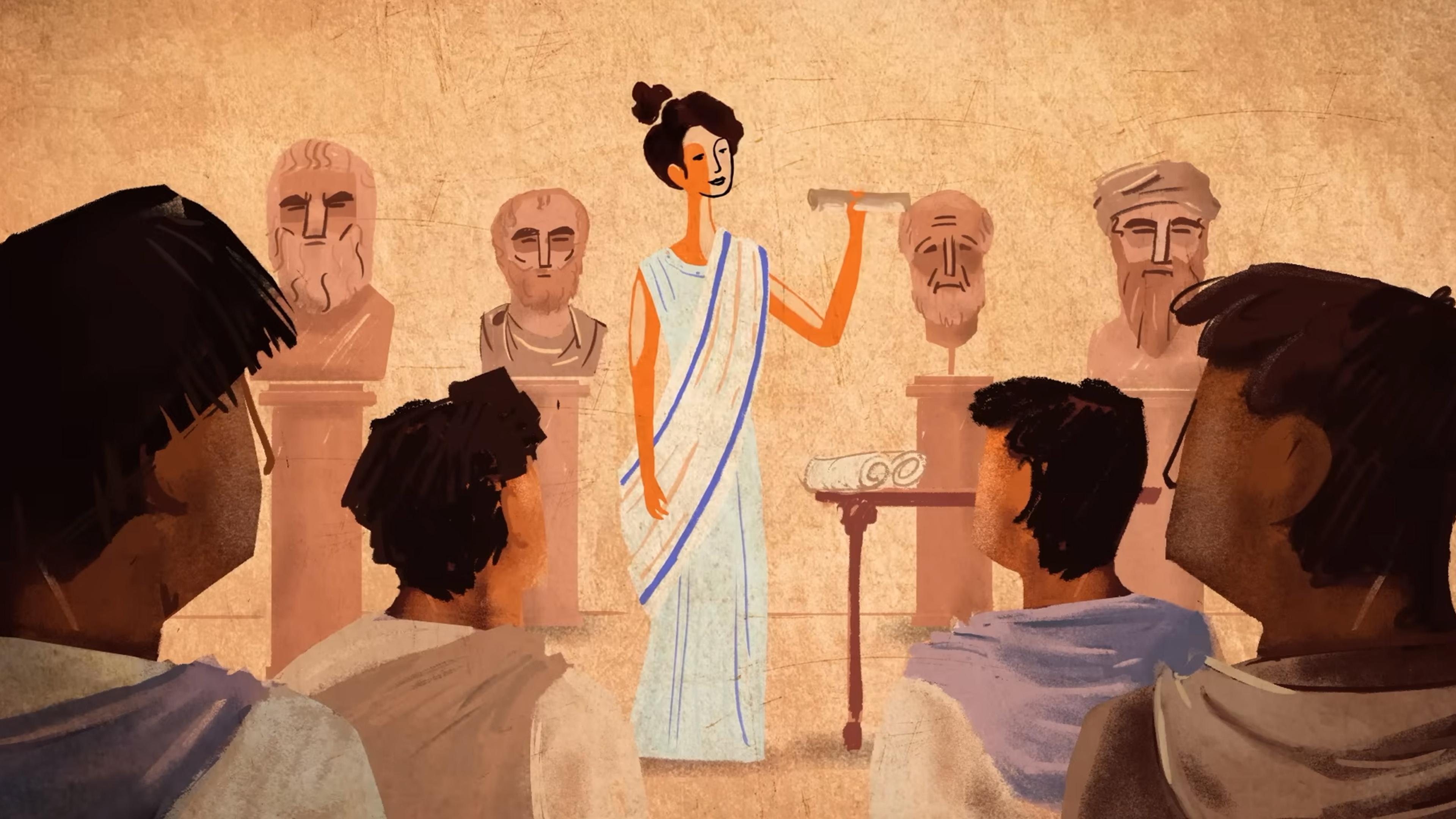
video
Thinkers and theories
A rare female scholar of the Roman Empire, Hypatia lived and died as a secular voice
5 minutes
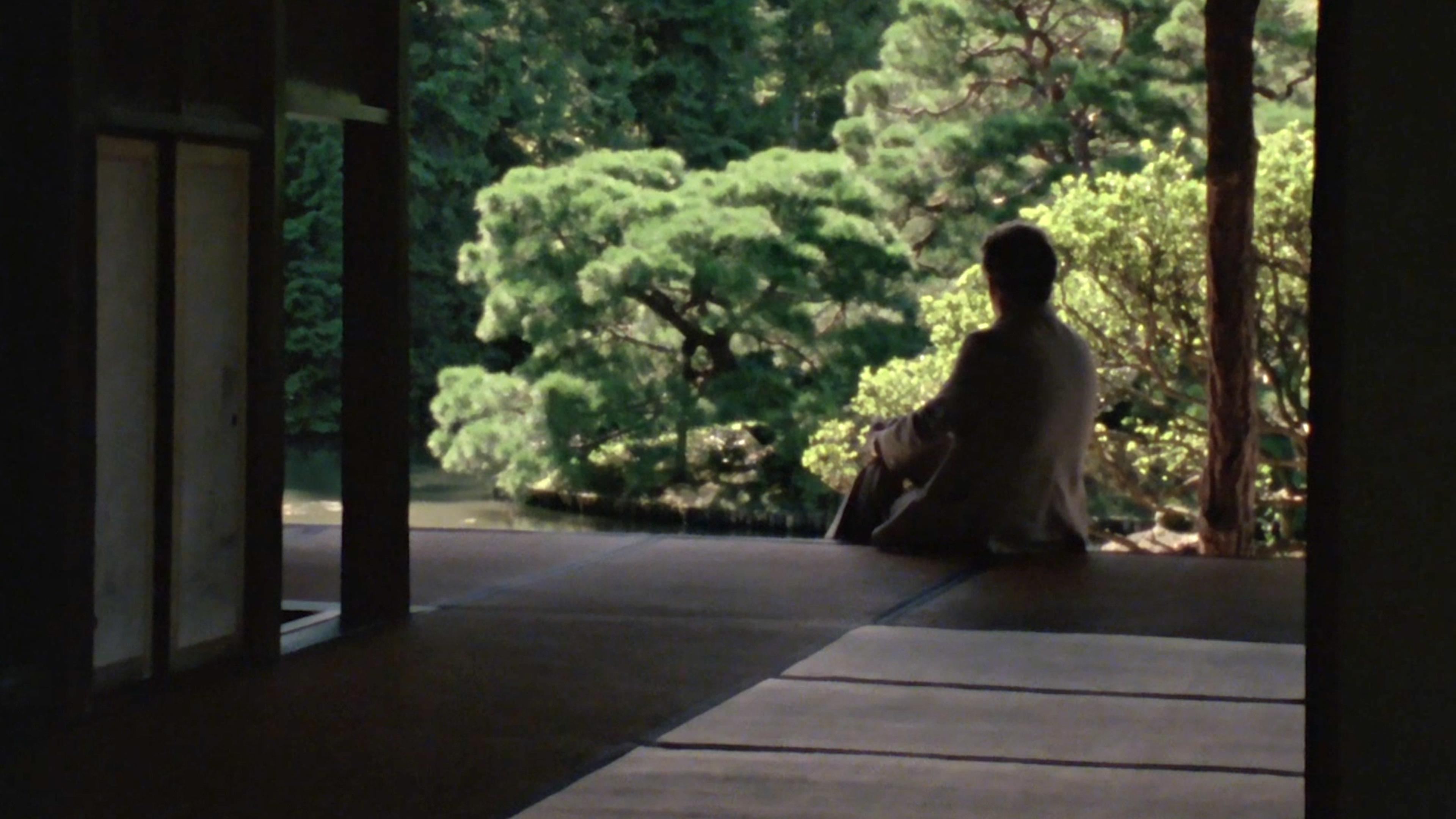
video
Architecture
The celebrated architect who took inspiration from sitting, waiting and contemplating
29 minutes
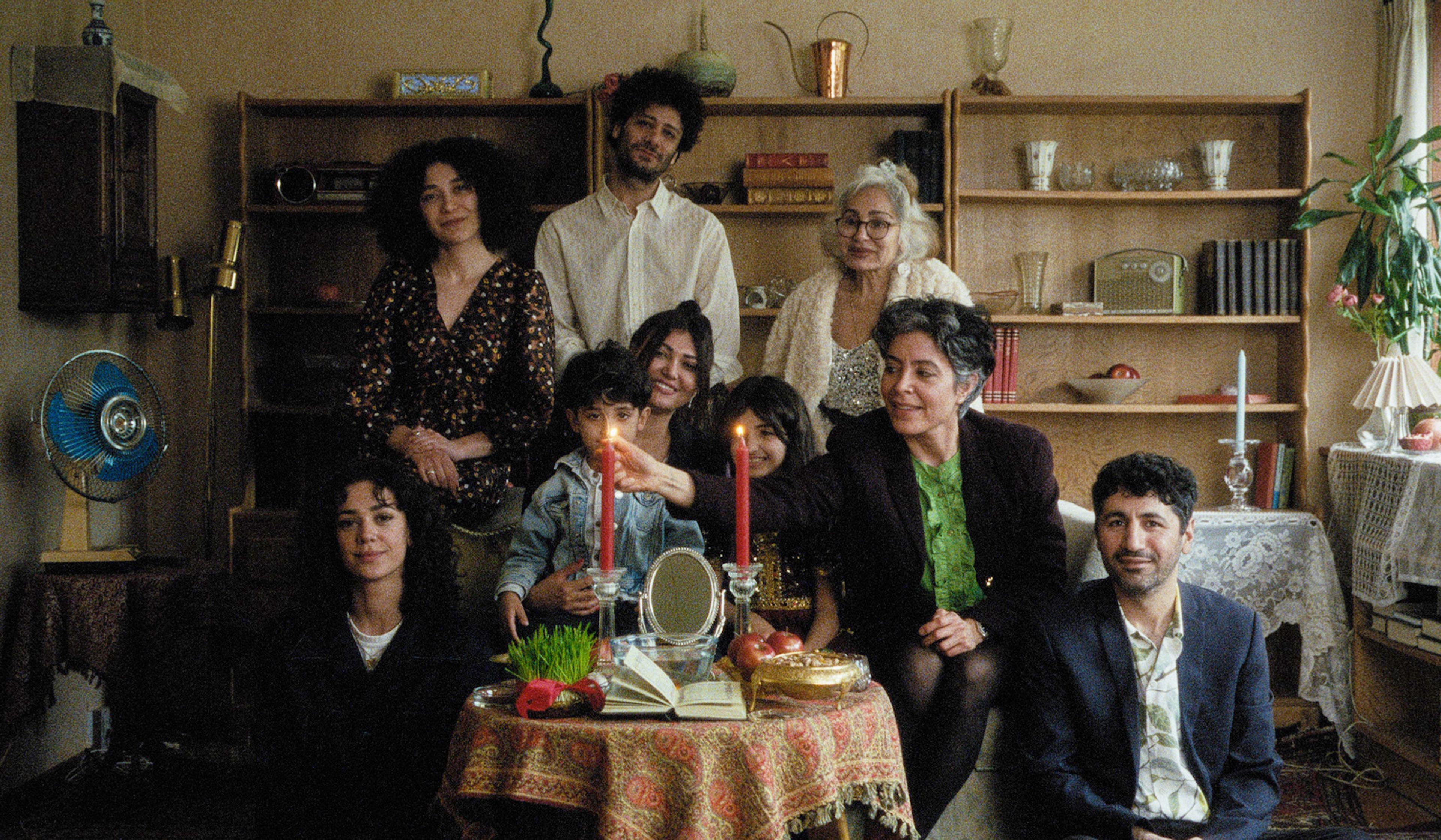
video
Rituals and celebrations
A beginner’s guide to a joyful Persian tradition of spring renewal and rebirth
3 minutes

video
Metaphysics
Simple entities in universal harmony – Leibniz’s evocative perspective on reality
4 minutes
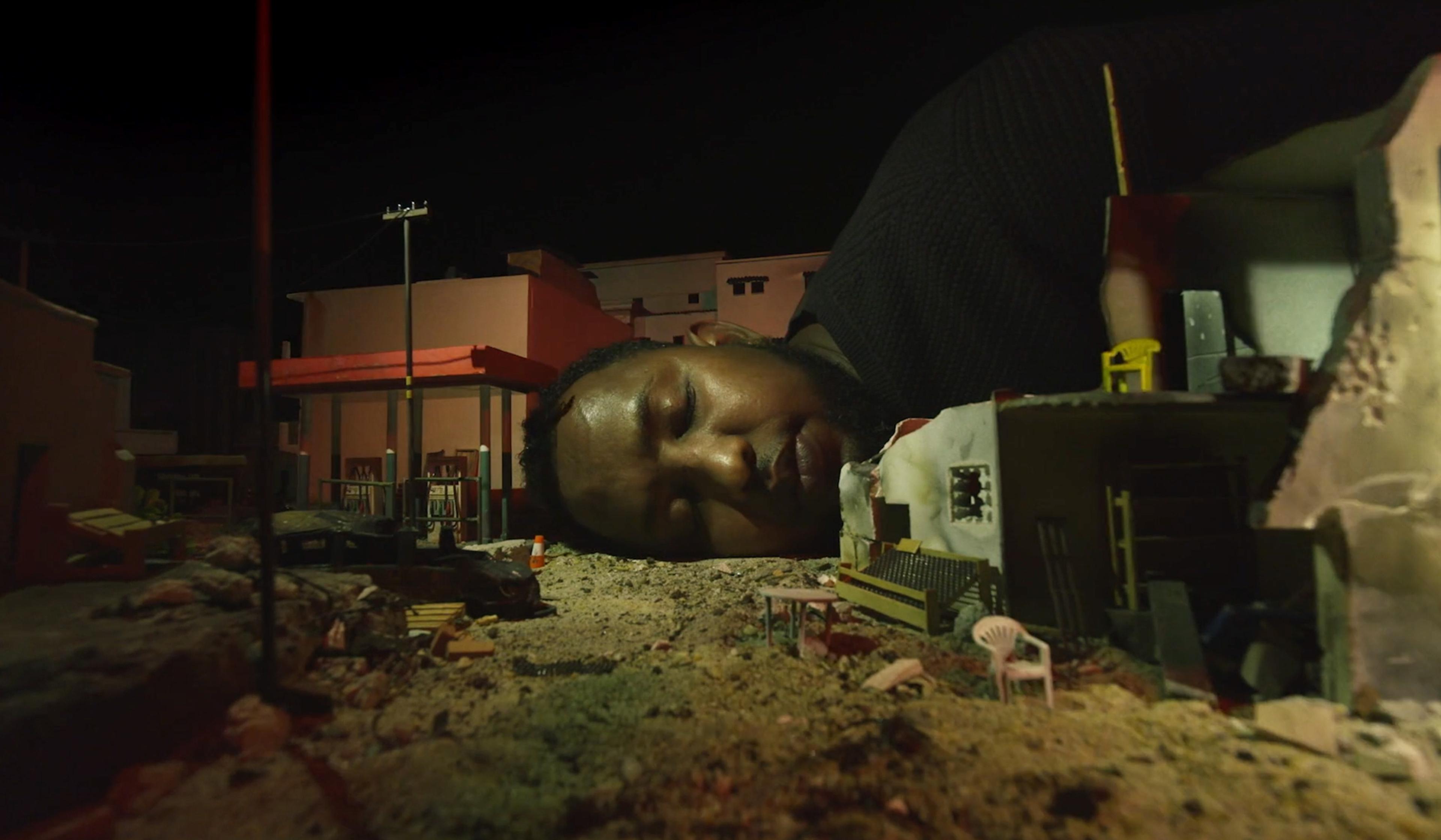
video
Biography and memoir
The unique life philosophy of Abdi, born in Somalia, living in the Netherlands
29 minutes

video
Ethics
For Iris Murdoch, selfishness is a fault that can be solved by reframing the world
6 minutes

video
Death
A hunter’s lyrical reflection on the humbling business of being mortal
6 minutes

video
Love and friendship
After his son’s terrorist attack, Azdyne seeks healing – and his granddaughter
25 minutes
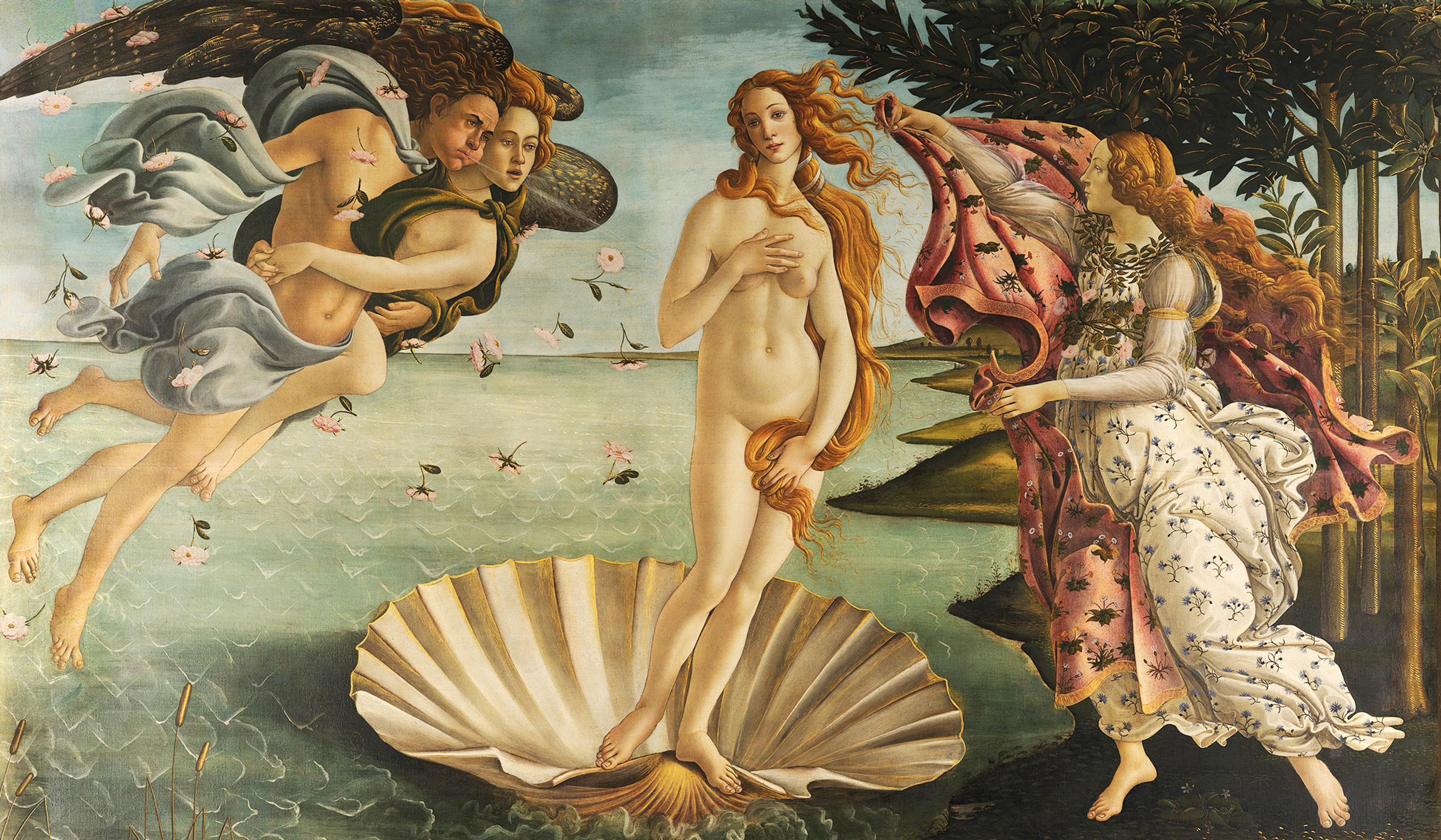
video
Art
More than breathtaking, ‘The Birth of Venus’ signalled an aesthetic revolution
19 minutes